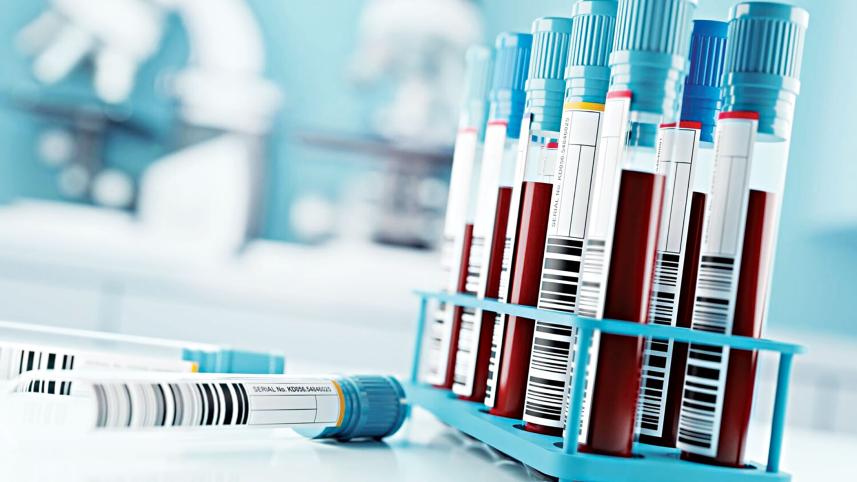Lipid profiling can predict risk of diabetes, heart disease decades before onset

A new study published in PLOS Biology found that measuring dozens of different fats in the blood (lipidomics) at the same time can predict future risk of type 2 diabetes (T2D) and cardiovascular disease (CVD). Patient history, current risk behaviours, and high- and low-density cholesterol levels and ratios are used to assess T2D and CVD risk.
The authors wanted to see if a more comprehensive lipid profile could improve risk prediction. 184 lipids were quantified using high-throughput quantitative mass spectrometry on baseline blood samples. 13.8% of participants developed T2D, and 22% developed CVD during the study.
A random sample of two-thirds of the lipid data was used to create a risk model, which was then tested for accuracy. Individuals were assigned to one of six subgroups based on their lipidomics profile. The highest-risk group had a 37% risk of T2D compared to the group averages, a 168% increase. The highest-risk group had a 40.5% CVD risk, an 84% increase. The lowest-risk groups saw significant risk reductions. This risk was independent of known genetic risk factors and disease onset time.
Source: PLOS Biology
 For all latest news, follow The Daily Star's Google News channel.
For all latest news, follow The Daily Star's Google News channel.